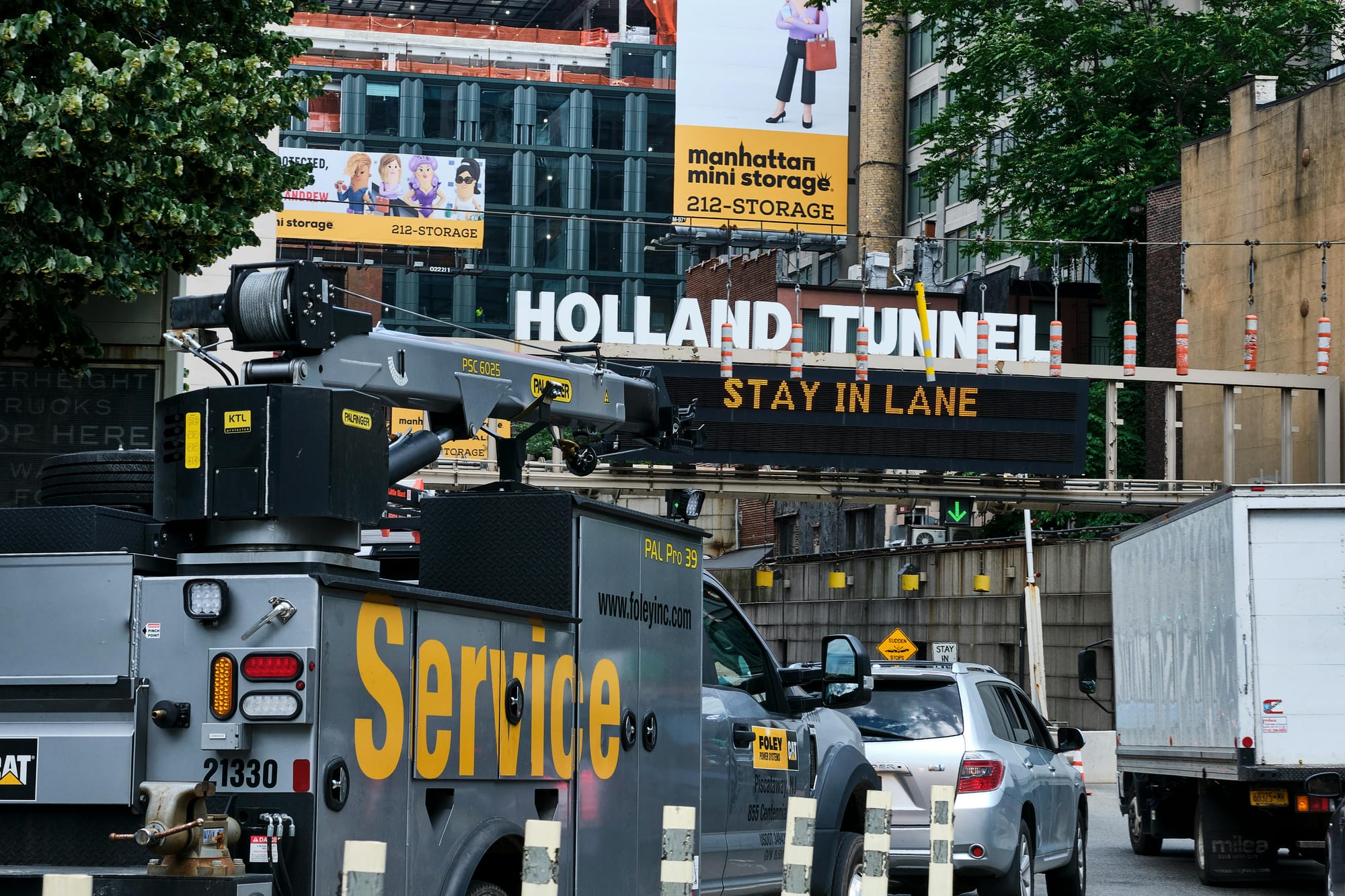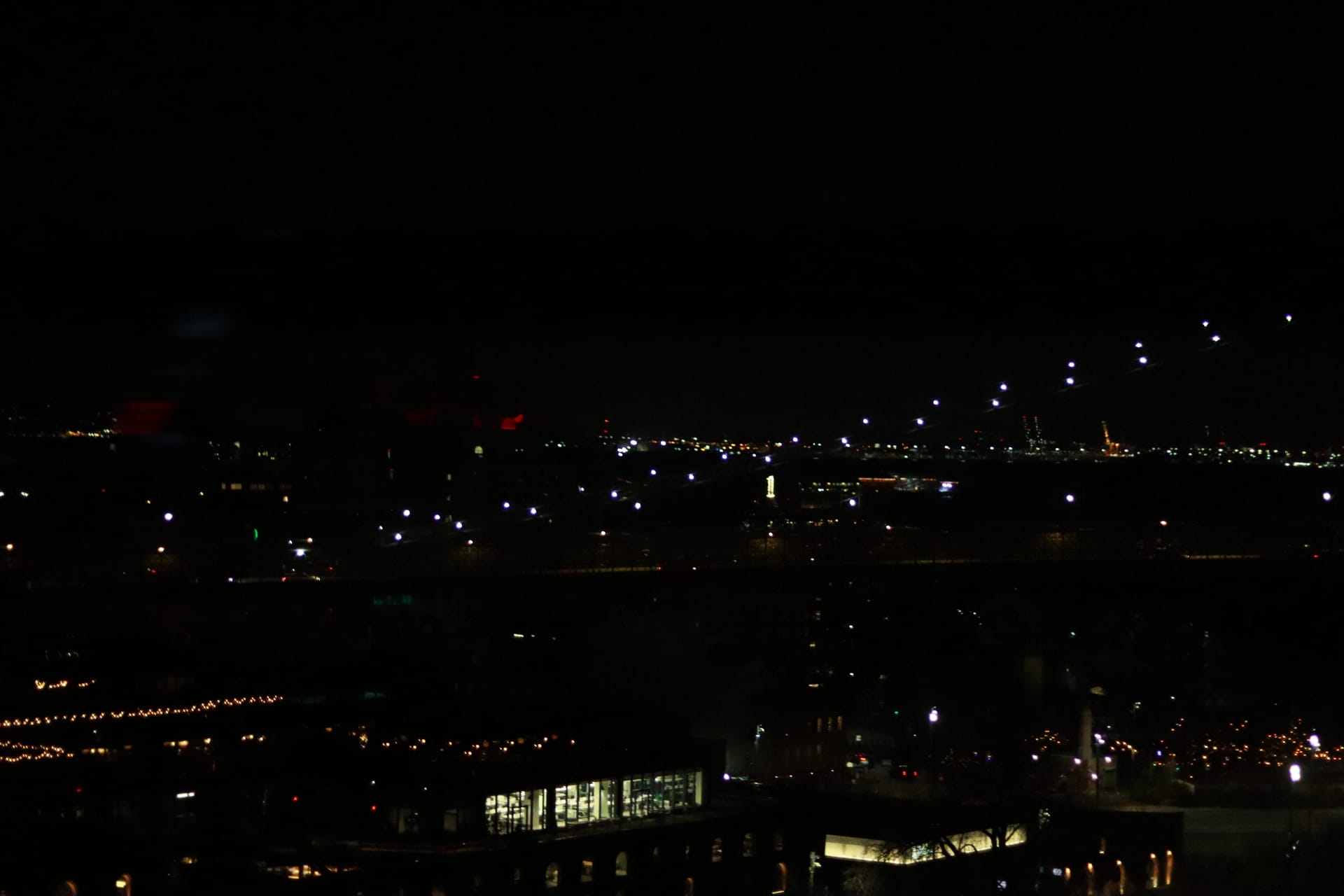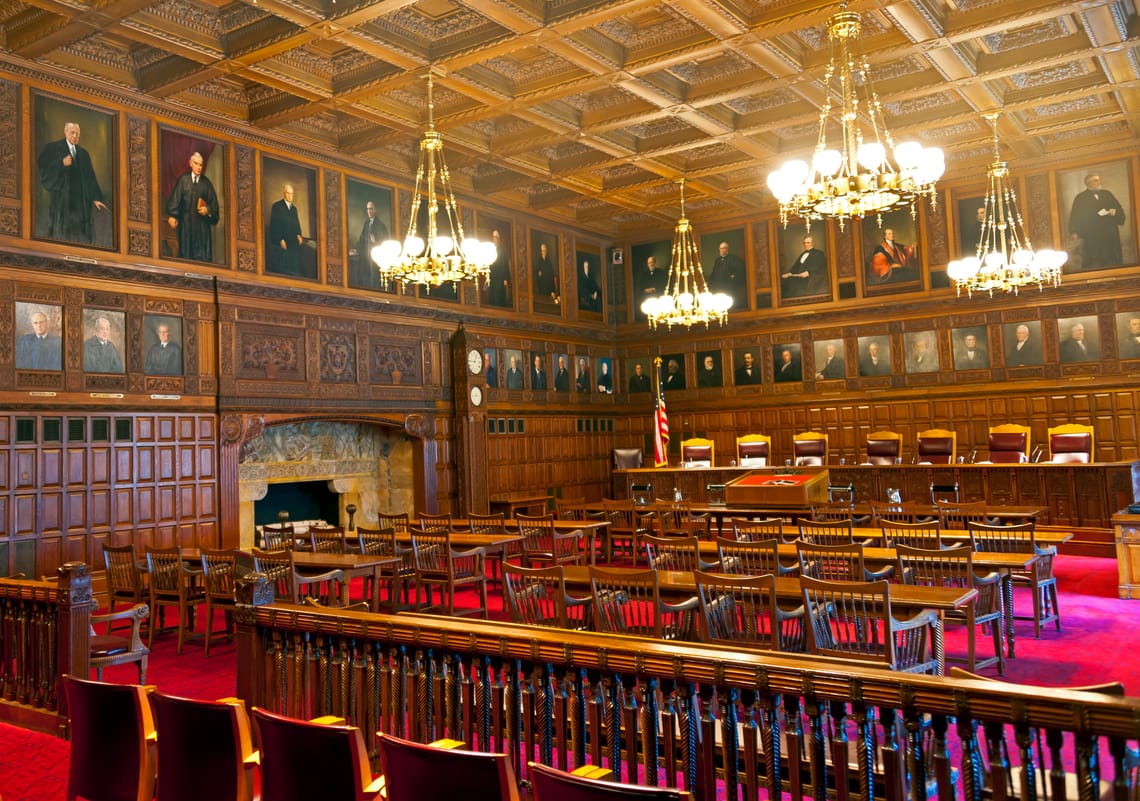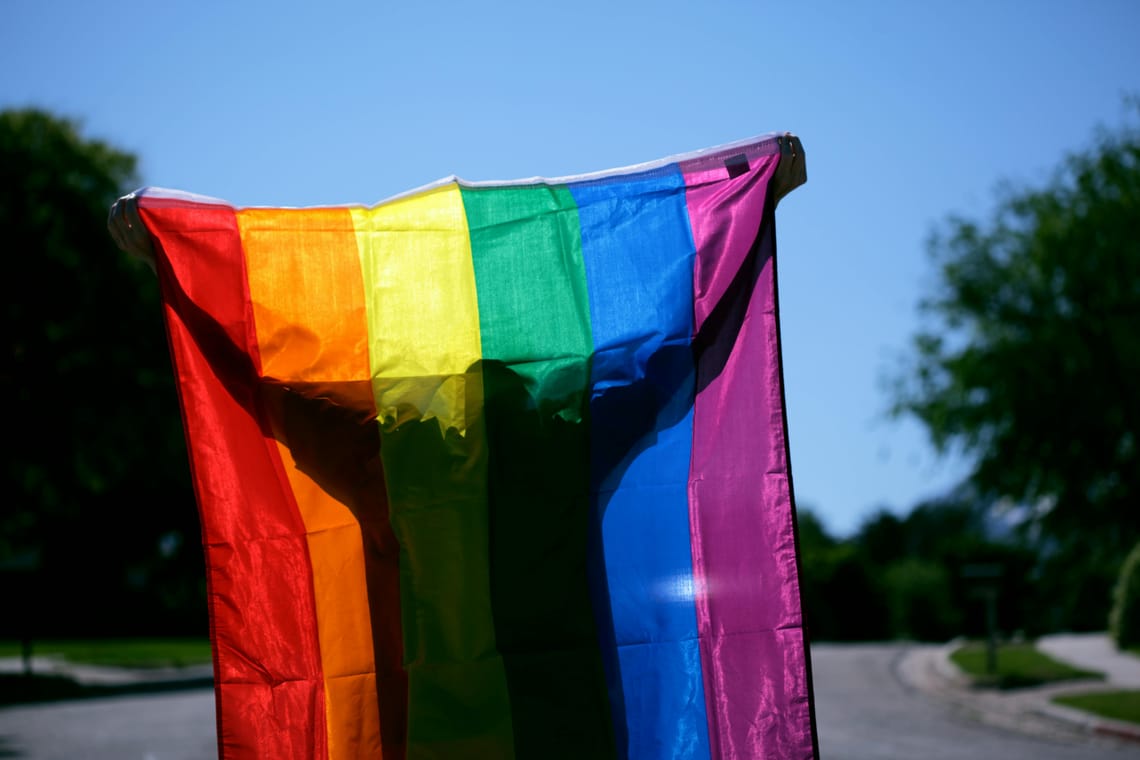Stakeholders have filed several lawsuits to block the implementation of New York City's new congestion pricing program, arguing the plan was rushed through without proper environmental review and will unfairly burden outer-borough and suburban commuters.
As the Metropolitan Transportation Authority (MTA) Review Board brings together a final vote on the congestion pricing plan, certain groups have voiced their opposition to the pricing scheme.
Congestion pricing, on its face, is a policy to set additional "congestion" tolls for drivers that enter a specific zone or area. Legislators for congestion pricing including current New York Governor Hochul and New York City Mayor Adams voiced success of this plan. Environmental activists and other local residents in New York City supported this decision.
New York's congestion pricing scheme, which would be the first American city to implement such a scheme, would restrict vehicles entering the Central Business District in Manhattan below 60th Street.
However, a coalition of residents, labor unions, and local officials filed a federal lawsuit on Wednesday seeking to block the implementation of New York City's new congestion pricing program. The lawsuit argues the plan was rushed through without proper environmental review and will unfairly burden outer-borough and suburban commuters.
The lawsuit, filed in the U.S. District Court for the Eastern District of New York, names the U.S. Department of Transportation, the Federal Highway Administration, and several New York state and city transportation agencies as defendants. Plaintiffs include Michael Mulgrew, president of the United Federation of Teachers, and Vito Fossella, the Staten Island Borough President, along with several individual residents.
"This ill-conceived plan essentially consists of three components: a geographic zone, a tolling scheme, and the technology to charge the tolls. Of these, the most consequential component - the tolling scheme - is the one that was never properly analyzed," the complaint states.
The lawsuit alleges the Federal Highway Administration violated the National Environmental Policy Act (NEPA) by issuing a "finding of no significant impact" for the congestion pricing plan without having details on the actual toll rates, exemptions, and discounts that will be implemented.
"Raising revenue and the financial needs of the MTA have been thrust as paramount over the needs of New York and New Jersey commuters as well as collateral adverse environmental impacts," the complaint argues.
The plaintiffs say the tolls, which could reach as high as $36 per day for some vehicles, will disproportionately burden low-income residents and workers in the outer boroughs who lack access to reliable public transit alternatives. They also contend the plan will worsen air pollution and traffic congestion in communities surrounding Manhattan.

"Congestion Pricing may not reduce traffic congestion; it may just shift it," the lawsuit states, citing projections of increased traffic diversions to bridges and highways in the Bronx, Staten Island, and New Jersey.
The complaint asks the court to block the congestion pricing program until the federal government conducts a full environmental impact statement as required by NEPA. It also alleges the plan violates the Constitution's dormant Commerce Clause and right to travel.
A spokesperson for the Metropolitan Transportation Authority, which is overseeing the congestion pricing rollout, said the agency is "confident the program was properly and legally developed" but declined further comment on the pending litigation.





